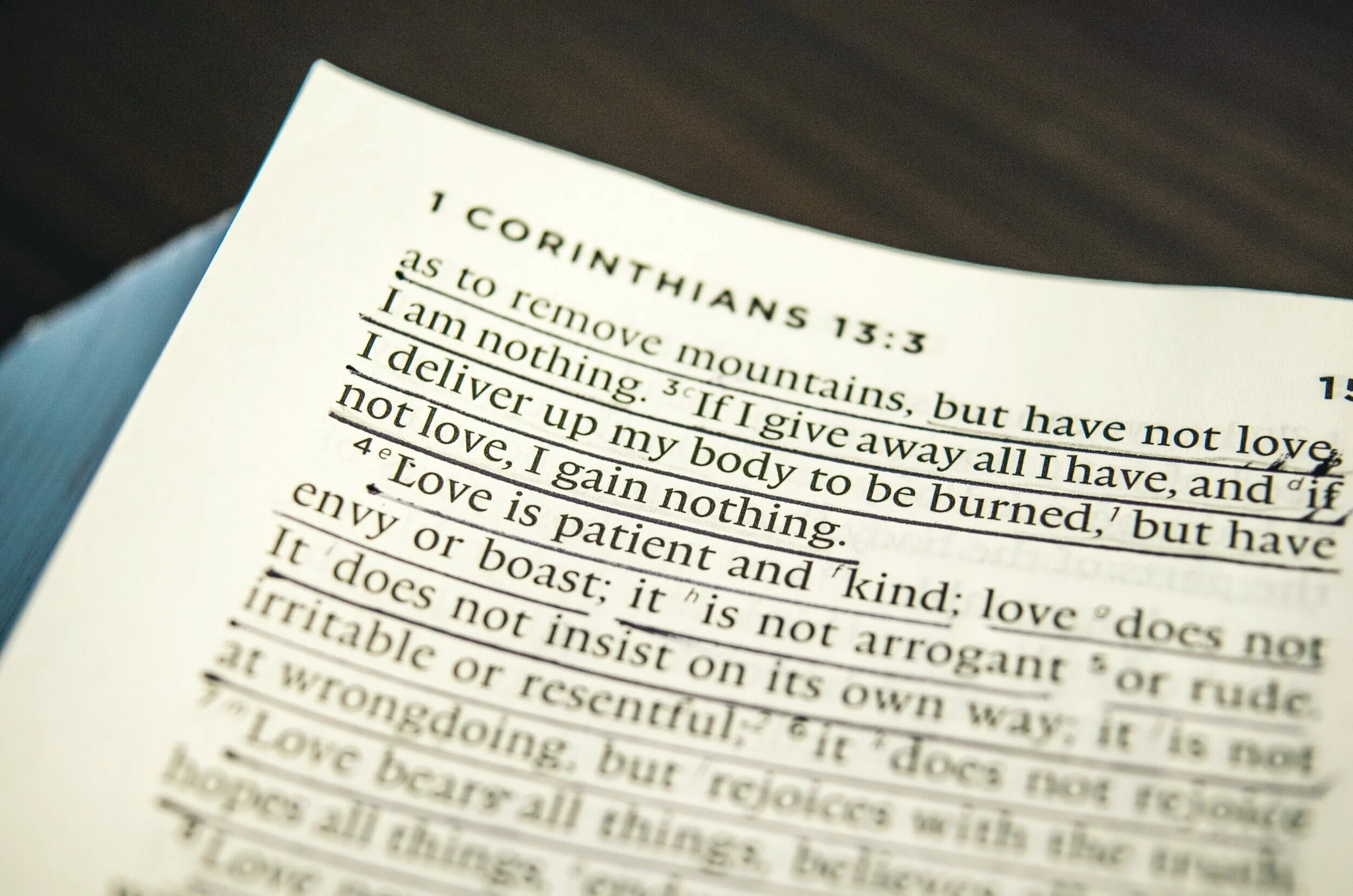God knows us so well, doesn’t He? The command not to fear is the most common one in the Bible. Why? Because we are fearful people. The world is an unsettling place. And our lives are often unsettled. Our lack of knowledge and control only amplifies our anxiety.
Thankfully, the Bible provides several ways to overcome anxiety. And Psalm 56 offers a robust, multi-pronged approach.
(1) Ask for grace (v. 1a) David knew he didn’t deserve God’s help. He needed it. Apart from grace, we cannot fight, let alone overcome, our fears. Grace is essential to any spiritual victory over sin. It means we can never deal with sin on our own.
(2) Admit your fear (v. 3a) David says, “When I am afraid…” It’s reassuring to know God receives us in our weaknesses and sins. He is gracious. He is the God we can come to. And when we confess as David does, it frees us from pretending to be strong when we’re not. Before God, we can be totally open about who we are.
(3) Affirm God’s love (vv. 8-9) God puts David’s tears in a bottle and records them in His book. God doesn’t forget our sufferings. He will make all things right in the end. That’s why we can wait on the Lord. In the meantime, He meets us in His lovingkindness right where we’re at: suffering, afraid, doubting, and crying out to Him.
As Israel’s king, David knows God has his back in a unique way (v. 9). But we know God is for all believers (Rom 8:31). In Christ, we know this more intimately through His Spirit.
(4) Trust in God (vv. 3-4, 10-11) Faith is what holds the psalm together (vv. 3-4; vv. 10-11). At first, it seems like a no-brainer. The issue, however, isn’t knowledge; it’s the spiritual response of actually putting our trust in God during a trial.
And putting our trust in God is trusting in His word; it’s praising His word, which is filled with promises and truths that produce joy and peace in our hearts as we believe them (Rom 15:13).
(5) Thank God (vv. 12-13) Because God has delivered Him from the trial (and prior trials), David will thank Him with offerings. The deliverance is sweeter because it wasn’t merely out of a trial; it was into into deeper communion with Him (v. 12 – walking before God).
Now, on this side of the cross, we’re not promised deliverance from our trials. We may be delivered, but the NT mostly speaks to enduring trials and counting them “all joy” (James 1:2).
Trials do drive us into deeper fellowship with the Lord. As we cling to His word in trials, we taste His goodness more. We also see our trials from an eternal perspective as David did – “What can man do to me?” (vv. 4, 11). The glory of Christ starts to engulf the trial which loomed so large in our field of vision. And even if the worst were to happen, nothing that truly matters will be lost because Jesus died to deliver us from sin. Our worst-case scenario has already been dealt with on the cross. So, we can, we must, trust Christ and His word. In this way, we’re letting Him through His word do His work of helping us overcome our fears.


















